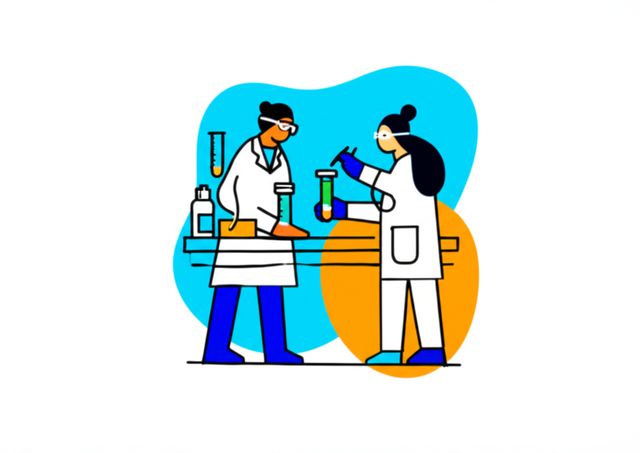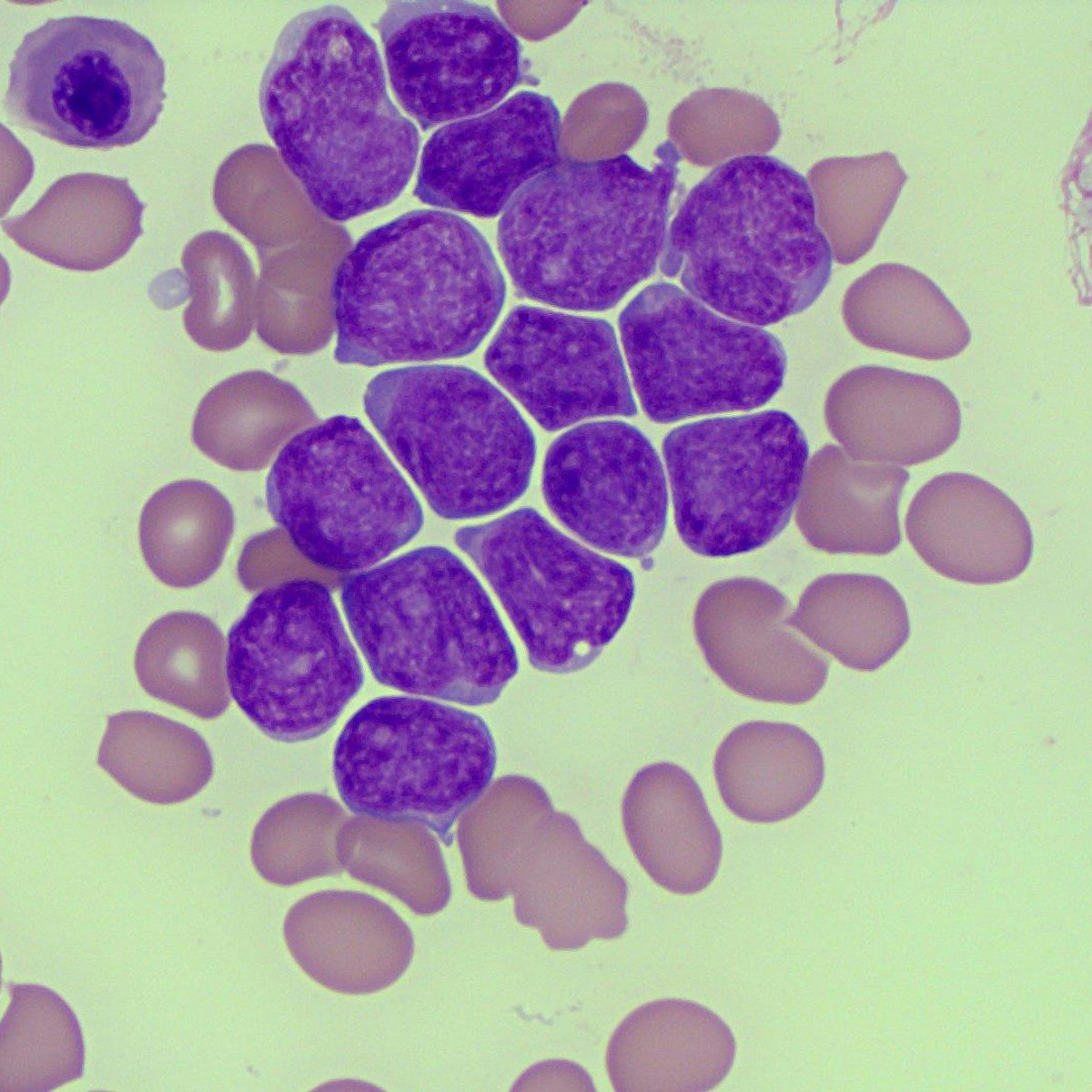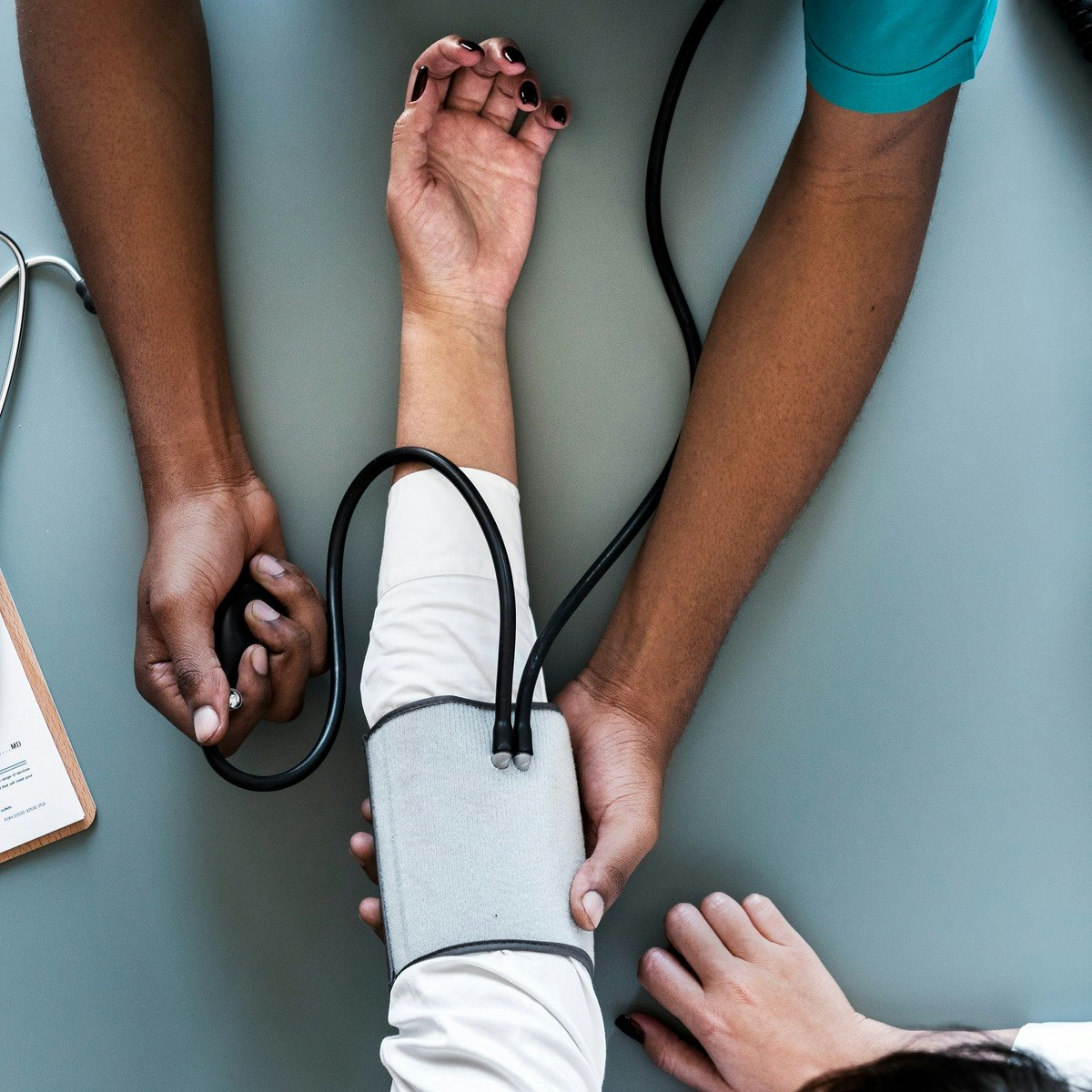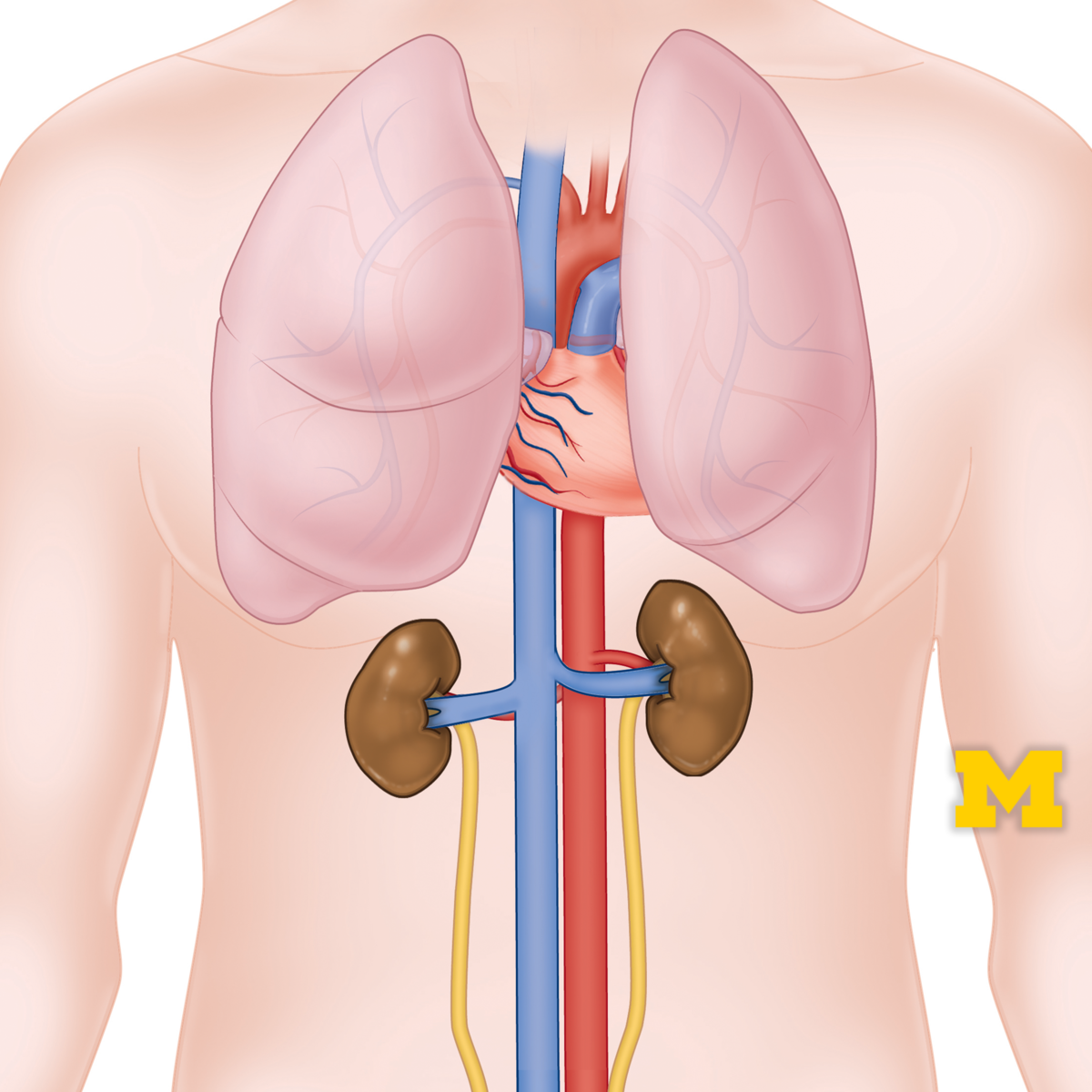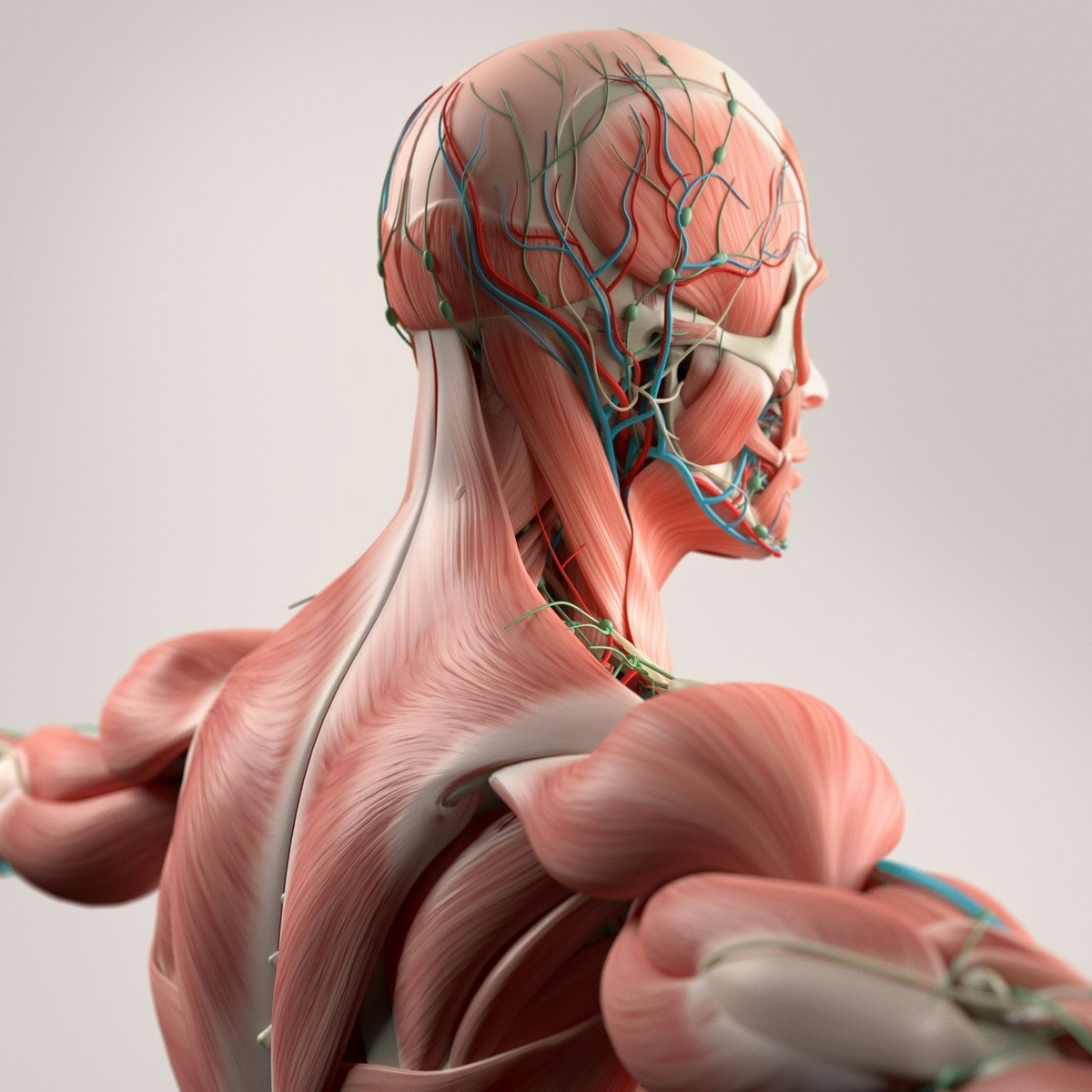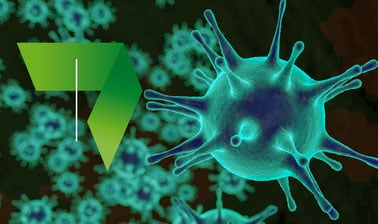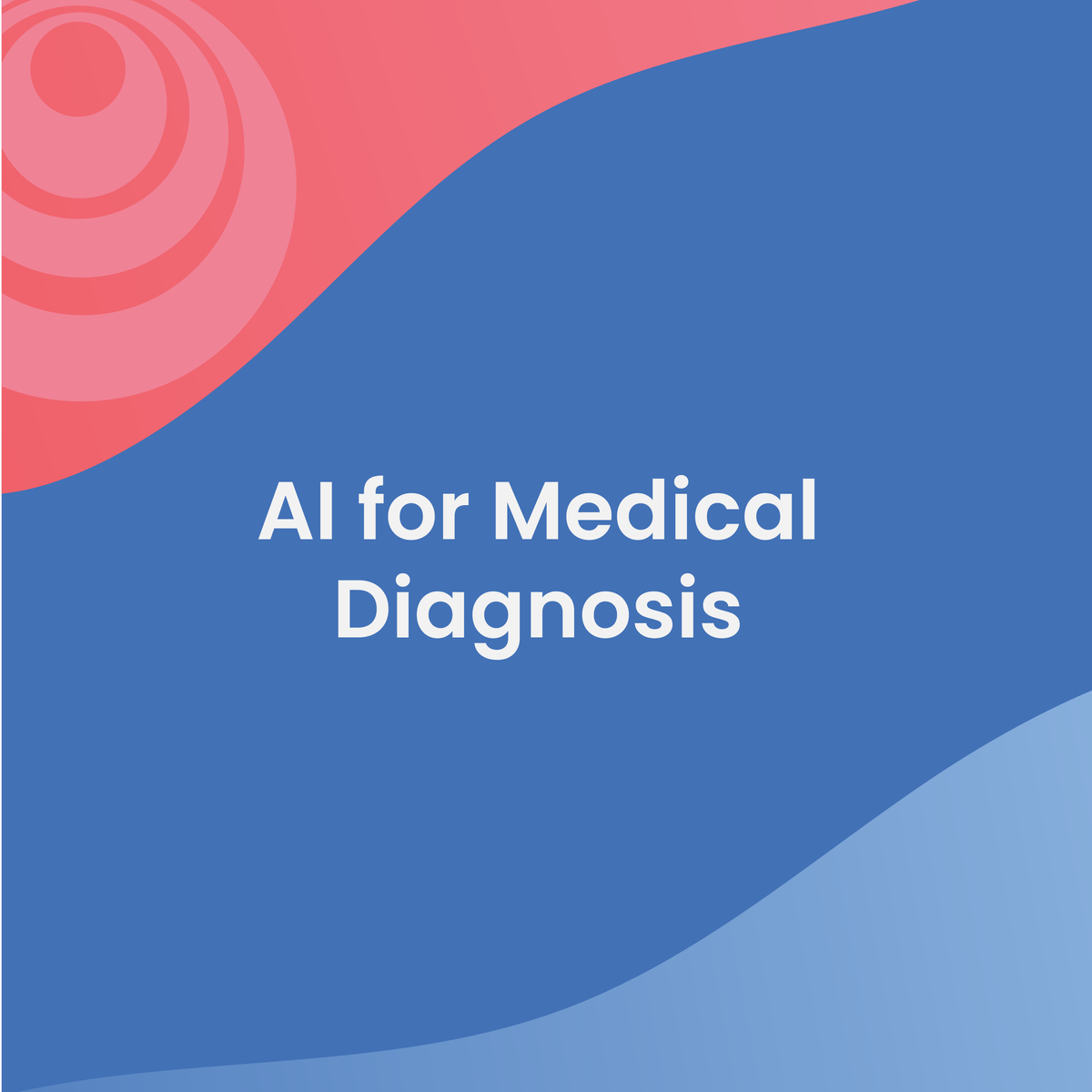Medical Laboratory Technician
Medical Laboratory Technician: A Comprehensive Career Guide
Medical Laboratory Technicians (MLTs) are vital members of the healthcare team, working behind the scenes to provide critical information for patient diagnosis and treatment. They perform a variety of laboratory tests on blood, tissue, and body fluids using sophisticated equipment. Their work directly impacts patient care, helping physicians detect diseases, monitor treatment effectiveness, and manage patient health.
Working as an MLT involves a blend of scientific knowledge, technical skill, and attention to detail. It's a field where precision matters immensely, as test results guide crucial medical decisions. Many find satisfaction in knowing their work contributes directly to patient well-being and the broader goals of public health. The dynamic nature of laboratory science also means continuous learning and adaptation to new technologies and procedures.
Introduction to Medical Laboratory Technicians
What is a Medical Laboratory Technician?
A Medical Laboratory Technician is a healthcare professional trained to perform clinical laboratory testing. They analyze samples like blood, urine, and tissue to help diagnose, treat, and prevent diseases. MLTs operate complex instruments, maintain quality control, and ensure the accuracy and reliability of test results communicated to physicians and other healthcare providers.
Their responsibilities form a cornerstone of modern medicine. Without the data generated in the clinical laboratory, accurate diagnoses and effective treatment plans would be significantly harder to achieve. MLTs work under the supervision of Medical Laboratory Scientists (MLS) or pathologists, contributing essential data within a structured laboratory environment.
Think of MLTs as medical detectives using scientific tools. They examine clues within patient samples to uncover evidence of disease, infection, or other health conditions. This requires a solid understanding of biology, chemistry, and laboratory procedures, combined with meticulous execution and adherence to safety standards.
A Brief History
The field of medical laboratory science evolved alongside advancements in medicine and technology. Early laboratories were rudimentary, but the discovery of microorganisms, the development of staining techniques, and the invention of the microscope in the 17th and 19th centuries laid the groundwork. Key figures and discoveries gradually transformed diagnostic capabilities.
The 20th century saw significant professionalization and standardization. The need for skilled laboratory personnel grew, leading to formal training programs and certifications. Organizations emerged to set standards for education and practice, ensuring quality and competence in this increasingly complex field. The role of the technician became distinct, focusing on performing tests developed by scientists and researchers.
Today, MLTs work with highly automated analyzers and sophisticated molecular techniques, reflecting the continuous technological progress in diagnostics. The core mission, however, remains the same: providing accurate and timely laboratory information to support patient care. The history highlights a journey from basic observation to complex, technology-driven analysis.
Impact on Diagnosis and Treatment
The contributions of MLTs are fundamental to patient care pathways. Laboratory test results often provide the objective data needed to confirm a diagnosis suspected by a clinician. For example, identifying bacteria in a culture helps pinpoint the cause of an infection, guiding appropriate antibiotic therapy.
MLTs also play a crucial role in monitoring chronic diseases, such as diabetes (measuring glucose levels) or heart conditions (analyzing cholesterol levels). Their work helps physicians adjust treatment plans and manage patient health over time. Furthermore, lab tests are essential for screening populations for diseases and assessing public health trends.
From routine check-ups to emergency situations, the information generated by MLTs is indispensable. They ensure the quality and accuracy of this information through rigorous quality control measures, calibration of instruments, and adherence to established protocols. This careful work underpins effective medical decision-making.
Understanding the clinical significance of tests is crucial. These introductory resources explore basic medical concepts relevant to laboratory work.
Roles and Responsibilities of Medical Laboratory Technicians
Core Duties and Daily Tasks
The daily work of an MLT typically involves receiving, processing, and analyzing patient specimens. This includes performing tests in areas like hematology (blood counts), clinical chemistry (glucose, electrolytes), urinalysis, immunology (antibody detection), and microbiology (culturing bacteria).
MLTs are responsible for operating and maintaining sophisticated laboratory instruments, such as automated analyzers and microscopes. They perform routine maintenance, troubleshoot equipment malfunctions, and calibrate instruments to ensure accuracy. Adhering to strict quality control procedures is paramount to guarantee the reliability of test results.
Documentation is another key aspect. MLTs accurately record test results, often using Laboratory Information Systems (LIS). They must follow established protocols meticulously and adhere to safety guidelines to protect themselves and others from potential biohazards.
This course offers a practical look into specific laboratory techniques like blood film analysis.
Understanding laboratory results requires a foundation in diagnostics and how tests relate to clinical conditions.
Specializations within the Field
While many MLTs work as generalists, covering various areas of the lab, specialization is possible and often encouraged for career growth. Common areas include Hematology (study of blood cells), Clinical Chemistry (analysis of body fluids), Microbiology (identification of pathogens), Immunohematology (blood banking), and Immunology (study of the immune system).
Other specializations might involve Molecular Diagnostics (analyzing DNA/RNA), Cytotechnology (examining cells for abnormalities, often related to cancer), or Histotechnology (preparing tissue samples for examination). Each area requires specific knowledge and technical skills, often supported by additional training or certification.
Choosing a specialization can depend on personal interest, job market demand, and opportunities within a specific workplace. Specializing can lead to deeper expertise and potentially higher-level roles within that specific laboratory section.
This course focuses specifically on the skills needed for a Microbiology specialization.
Collaboration and Communication
MLTs do not work in isolation. They are integral members of the healthcare team and collaborate closely with others. This includes communicating critical test results promptly to physicians, nurses, and other clinicians, especially in urgent situations.
They also work under the guidance of Medical Laboratory Scientists (MLS), who often perform more complex analyses and supervise laboratory sections. Pathologists, physicians specializing in disease diagnosis through laboratory methods, also rely heavily on the work performed by MLTs and MLSs.
Clear communication skills are essential, not only for reporting results but also for clarifying test orders, resolving issues with specimens, and coordinating workflow within the lab. Professionalism and teamwork are key to ensuring efficient and effective laboratory operations.
Developing strong professional conduct is important in any healthcare setting.
Formal Education Pathways
Degree Programs and Requirements
The most common pathway to becoming an MLT is completing an associate degree program in Medical Laboratory Technology or Clinical Laboratory Science. These programs typically take two years and combine classroom instruction with practical laboratory training. Coursework usually includes biology, chemistry, mathematics, microbiology, hematology, clinical chemistry, and immunohematology.
Some individuals may pursue a bachelor's degree, which often leads to the role of Medical Laboratory Scientist (MLS), a position with broader responsibilities and typically higher earning potential. However, an associate degree is the standard entry point for the MLT role.
High school coursework in science (biology, chemistry) and math provides a strong foundation for success in an MLT program. Strong analytical skills, attention to detail, and manual dexterity are also important attributes for prospective students.
These courses cover foundational science concepts often required for MLT programs.
The Importance of Accreditation
Choosing an accredited educational program is crucial. Accreditation ensures that the program meets established standards for quality and prepares graduates adequately for the profession. In the United States, the primary accrediting agency for clinical laboratory science programs is the National Accrediting Agency for Clinical Laboratory Sciences (NAACLS).
Graduating from a NAACLS-accredited program is often a prerequisite for taking national certification exams and may be required for state licensure or employment in many healthcare facilities. Accreditation signifies that the curriculum, faculty, resources, and clinical experiences meet rigorous national standards.
Prospective students should verify the accreditation status of any MLT program they are considering. Information about accredited programs can typically be found on the NAACLS website or through college and university program descriptions.
Clinical Internships and Hands-On Experience
A significant component of any MLT program is the clinical internship or practicum. This provides students with essential hands-on experience in a real-world laboratory setting, working under the supervision of experienced professionals. Internships allow students to apply theoretical knowledge and develop practical skills.
During the clinical rotation, students gain proficiency in performing various tests, operating instruments, adhering to safety protocols, and understanding laboratory workflow. This experience is invaluable for building confidence and competence before entering the workforce.
The duration and structure of internships vary by program but are designed to ensure graduates are prepared for the demands of the job. Successful completion of the clinical component is necessary for graduation and often for certification eligibility.
Online and Alternative Learning Options
Using Online Courses for Skill Building
While a formal, accredited degree program with hands-on clinical training is essential to become an MLT, online courses can play a valuable supplementary role. They can help aspiring MLTs build foundational knowledge in prerequisite subjects like biology, chemistry, or medical terminology before entering a formal program.
For current MLTs, online courses offer convenient ways to stay updated on new techniques, technologies, or specialized areas like molecular diagnostics or laboratory management. Platforms like OpenCourser aggregate thousands of courses, making it easier to find relevant educational content covering specific topics within Health & Medicine.
Online learning provides flexibility, allowing individuals to study at their own pace and on their own schedule. This can be particularly beneficial for those balancing education with work or other commitments. Consider exploring specialized topics through online modules to deepen your understanding.
These courses delve into specialized areas like molecular biology and immunology, which can supplement formal training.
Resources for Certification Exam Preparation
After completing an accredited MLT program, graduates typically need to pass a national certification exam. Online resources, including practice tests, review courses, and study guides, can be extremely helpful for exam preparation. These resources allow candidates to assess their knowledge, identify weak areas, and simulate the testing environment.
Many organizations and educational platforms offer dedicated exam prep materials specifically designed for MLT certification exams offered by bodies like the American Society for Clinical Pathology (ASCP) or American Medical Technologists (AMT). Utilizing these resources can significantly increase the chances of passing the exam on the first attempt.
OpenCourser's search functionality can help locate relevant review materials or courses focusing on specific exam content areas. Remember to check the OpenCourser Learner's Guide for tips on effective self-study strategies when using online resources.
Consider these books for comprehensive reviews of medical laboratory science principles.
Balancing Online Learning and Practical Skills
It's crucial to understand that becoming an MLT requires significant hands-on laboratory experience, which cannot be fully replicated through online learning alone. Core competencies like pipetting, using microscopes, operating specific analyzers, and handling patient specimens must be developed through practical training in a physical laboratory.
Online courses are best viewed as supplements or preparatory tools, not replacements for the practical components of an accredited MLT program. They excel at delivering theoretical knowledge, reviewing concepts, and introducing new topics but must be combined with supervised clinical practice.
For those considering this career, especially career changers, it's important to be realistic about the need for in-person training. Investigate hybrid programs if available, but anticipate a substantial commitment to on-site laboratory work and clinical rotations as part of your educational journey.
Career Progression and Opportunities
From Entry-Level to Senior Roles
Upon certification, MLTs typically start in entry-level positions, performing routine testing across various laboratory departments. With experience, they gain proficiency and may take on more complex tasks or train new staff. Opportunities exist to specialize in specific areas like microbiology or blood banking.
Experienced MLTs can advance to senior or lead technician roles, involving greater responsibility for quality control, instrument maintenance, or workflow coordination within a section. Further advancement often requires additional education, such as completing a bachelor's degree to become a Medical Laboratory Scientist (MLS).
Management positions, such as laboratory supervisor or manager, usually require an MLS credential (bachelor's or master's degree) and significant experience. These roles involve overseeing laboratory operations, managing personnel, ensuring regulatory compliance, and budget administration.
The Role of Certification in Advancement
Certification is generally required for employment as an MLT and is crucial for career progression. The primary certifying bodies in the U.S. are the American Society for Clinical Pathology (ASCP Board of Certification) and American Medical Technologists (AMT). Holding certification demonstrates competence and adherence to professional standards.
Maintaining certification typically requires ongoing continuing education, ensuring that MLTs stay current with advancements in the field. Pursuing additional, specialized certifications (e.g., Specialist in Blood Banking, SBB; Specialist in Microbiology, SM) can enhance expertise and open doors to more advanced roles or higher pay.
Employers often prefer or require certified candidates. Certification not only validates skills but also signifies a commitment to the profession and lifelong learning, factors highly valued for career advancement.
These comprehensive texts cover the breadth of knowledge relevant for certification and advanced practice.
Transitioning to Other Fields
The skills and knowledge gained as an MLT can provide a foundation for transitioning into related roles. With further education, MLTs might move into research positions in academic, governmental, or private industry labs, contributing to the development of new diagnostic tests or therapies.
Some MLTs pursue careers in education, teaching in clinical laboratory science programs at colleges or vocational schools. Others may transition into technical sales or support roles for companies that manufacture laboratory equipment or reagents, leveraging their practical experience.
Opportunities also exist in laboratory information systems (LIS) management, quality assurance, infection control, or public health laboratories. A background as an MLT provides valuable clinical context for these diverse healthcare-related fields.
Technical Skills and Laboratory Tools
Mastering Laboratory Instrumentation
Proficiency in operating and troubleshooting a wide range of laboratory instruments is essential for an MLT. This includes basic tools like microscopes, centrifuges, and pipettes, as well as complex automated analyzers used for chemistry, hematology, and immunoassay testing.
MLTs must understand the principles behind how each instrument works, perform routine maintenance and calibration, and recognize signs of malfunction. Accurate results depend heavily on the proper functioning and use of this equipment.
Training on specific instruments often occurs during the clinical internship and continues on the job as new technologies are introduced. Continuous learning is necessary to keep up with advancements in laboratory automation and instrumentation.
Understanding the design and function of medical instruments is key.
Laboratory Information Systems (LIS)
Modern clinical laboratories rely heavily on Laboratory Information Systems (LIS). These are sophisticated software systems used to manage patient data, test orders, results reporting, quality control records, and workflow. MLTs must be proficient in using the LIS specific to their workplace.
Tasks involving the LIS include logging specimens, entering test results, retrieving patient information, generating reports, and tracking quality control data. Accuracy and efficiency in using the LIS are critical for smooth laboratory operations and timely communication of results.
Familiarity with LIS functionalities is typically gained during clinical rotations and on-the-job training. Basic computer literacy and comfort with software interfaces are important prerequisites for mastering these systems.
Safety Protocols and Regulatory Compliance
Safety is paramount in the clinical laboratory due to potential exposure to infectious agents, chemicals, and sharps. MLTs must strictly adhere to safety protocols, including the use of personal protective equipment (PPE) like gloves, lab coats, and eye protection. Proper handling and disposal of biohazardous waste are also crucial.
Laboratories operate under strict regulations from agencies like the Clinical Laboratory Improvement Amendments (CLIA) and the Occupational Safety and Health Administration (OSHA). MLTs must be knowledgeable about and comply with these regulations, which govern aspects like quality control, proficiency testing, personnel qualifications, and safety procedures.
Regular training on safety practices, hazard communication, and emergency procedures is standard in laboratory settings. A strong commitment to safety protects both the laboratory staff and ensures the integrity of patient testing.
This course covers essential infection control practices relevant to healthcare settings.
Workplace Environments and Conditions
Diverse Work Settings
Medical Laboratory Technicians work in a variety of settings. The most common employers are hospitals, ranging from large academic medical centers to smaller community hospitals. Other opportunities exist in independent reference laboratories, physician office laboratories, public health laboratories, and research institutions.
The specific environment influences the type of testing performed and the pace of work. Hospital labs often operate 24/7, dealing with urgent requests and a wide variety of tests. Reference labs may handle high volumes of specialized tests, while research labs focus on experimental procedures.
Some MLTs might also find roles in veterinary clinics, forensic labs, or industrial settings related to biotechnology or pharmaceuticals, although these are less common pathways directly from standard MLT training.
Understanding hospital management can provide context for those working in hospital labs.
Shift Work and Physical Demands
Many laboratory positions, especially in hospitals, require working evenings, nights, weekends, and holidays to provide continuous coverage. Shift work can be demanding and requires adaptability. MLTs often spend considerable time standing or walking and must possess good manual dexterity for handling small samples and operating equipment.
The work requires focus and attention to detail, sometimes under pressure to deliver results quickly, particularly in emergency departments or critical care settings. While automation has reduced some manual tasks, the role remains physically and mentally engaging.
Prospective MLTs should consider their tolerance for shift work and the physical aspects of the job when evaluating this career path. The ability to maintain concentration and accuracy during varied shifts is important.
Handling Biohazards and Ensuring Safety
Working in a clinical laboratory involves routine exposure to potentially infectious biological specimens, such as blood and body fluids. MLTs are trained to handle these materials safely using universal precautions and appropriate personal protective equipment (PPE).
Adherence to strict safety protocols minimizes the risk of occupational exposure to pathogens like HIV, hepatitis B, and hepatitis C. Laboratories have established procedures for handling spills, managing sharps, and disposing of biohazardous waste safely.
While the risks are managed through rigorous safety measures, individuals considering this career must be comfortable working in an environment where exposure to biohazards is a possibility and be diligent in following safety guidelines at all times.
Ethical Considerations in Medical Laboratory Work
Patient Confidentiality and HIPAA
MLTs handle sensitive patient information daily, including test results linked to personal health data. Maintaining patient confidentiality is a critical ethical and legal responsibility. They must comply with regulations like the Health Insurance Portability and Accountability Act (HIPAA) in the U.S.
This involves ensuring that patient information is accessed only for legitimate work purposes, discussed only with authorized personnel, and protected from unauthorized disclosure. Breaches of confidentiality can have serious consequences for patients and legal repercussions for the individual and the institution.
Understanding and upholding patient privacy rights is fundamental to ethical practice in the laboratory and the broader healthcare system. Training on HIPAA regulations and institutional privacy policies is standard for all laboratory staff.
Accuracy, Integrity, and Error Reporting
The accuracy and reliability of laboratory results are paramount, as they directly influence patient diagnosis and treatment. MLTs have an ethical obligation to perform tests meticulously, follow procedures exactly, and ensure the quality of their work through rigorous quality control measures.
Integrity means reporting results accurately, without alteration or bias. It also involves recognizing and addressing potential errors promptly. If a mistake is suspected or identified, MLTs must follow established protocols for investigating the issue and reporting it appropriately to supervisors.
Transparency and honesty in reporting errors are crucial for patient safety and for maintaining trust in the laboratory's services. A culture of quality and continuous improvement depends on the ethical commitment of each team member.
Handling Sensitive Diagnostic Information
Laboratory tests can reveal highly sensitive information about a patient's health, such as diagnoses of serious illnesses (e.g., cancer, HIV) or genetic predispositions. MLTs must handle this information with professionalism and respect for the patient.
While MLTs typically do not communicate results directly to patients, they are aware of the potential impact of the information they generate. Maintaining objectivity and focusing on the technical accuracy of the tests are key aspects of managing the emotional weight associated with sensitive diagnoses.
Ethical practice requires treating all specimens and associated data with the same high level of care and confidentiality, regardless of the nature of the test or the potential diagnosis.
Future Trends Impacting Medical Laboratory Technicians
Automation and Artificial Intelligence
Automation has long been a feature of clinical laboratories, and its role continues to expand. Increasingly sophisticated robotic systems handle sample processing, testing, and data management, improving efficiency and reducing manual errors. Artificial intelligence (AI) is also beginning to impact areas like image analysis (e.g., digital pathology) and interpretation of complex data sets.
While automation may change the nature of some tasks, it is unlikely to eliminate the need for skilled MLTs. Instead, the role may evolve, requiring technicians to manage automated systems, interpret more complex data, troubleshoot advanced technology, and focus on specialized testing that is less easily automated.
Adaptability and a willingness to learn new technologies will be crucial for MLTs navigating this changing landscape. Familiarity with data analysis and informatics may become increasingly valuable skills.
Growth in Molecular Diagnostics
Molecular diagnostic techniques, which analyze DNA, RNA, and proteins, are revolutionizing disease detection, personalized medicine, and infectious disease surveillance. There is growing demand for laboratory professionals skilled in techniques like Polymerase Chain Reaction (PCR) and DNA sequencing.
This trend creates new opportunities for MLTs, particularly those who pursue additional training or specialization in molecular methods. Understanding the principles and applications of molecular diagnostics will be increasingly important for career growth in the field.
The expansion of genetic testing and targeted therapies further drives the need for expertise in this area, making it a significant growth sector within laboratory medicine.
These resources delve into molecular techniques.
Job Outlook and Workforce Considerations
The demand for Medical Laboratory Technicians is projected to grow. According to the U.S. Bureau of Labor Statistics (BLS), employment for clinical laboratory technologists and technicians is expected to increase by 5 percent from 2023 to 2033, faster than the average for all occupations.
This growth is driven by factors such as an aging population requiring more diagnostic testing and the development of new, complex tests. However, the field also faces challenges, including workforce shortages in some regions, partly due to retirements and the demanding nature of the required training and work.
These dynamics suggest generally favorable job prospects for certified MLTs, although opportunities may vary by geographic location and specialization. Pursuing certification and staying current with technological advancements can enhance employability in this essential healthcare field.
Frequently Asked Questions (Career Focus)
Is certification mandatory for employment?
While state licensure requirements vary, national certification (e.g., from ASCP or AMT) is highly preferred by most employers and often effectively mandatory for securing a job as an MLT in the United States. Certification demonstrates competence and is typically required for positions in hospitals and accredited laboratories. Graduating from an accredited program is usually necessary to be eligible for certification exams.
Can MLTs transition to become pathologists?
Transitioning from an MLT to a pathologist represents a significant educational leap. Pathologists are physicians (MD or DO) who have completed medical school, followed by a residency in pathology. While an MLT background provides valuable laboratory experience, becoming a pathologist requires completing a full medical degree and specialized postgraduate training, a path distinct from the MLT career ladder.
How does an MLT differ from a Medical Laboratory Assistant or Phlebotomist?
MLTs perform complex laboratory tests and operate sophisticated equipment, requiring an associate degree and certification. Medical Laboratory Assistants (MLAs) typically have less formal training (often a certificate program) and perform simpler tasks like specimen processing, basic testing, and preparing samples for analysis by MLTs or MLSs. Phlebotomists specialize specifically in drawing blood from patients and usually complete a shorter certificate program focused on venipuncture techniques.
What are the highest-paying specializations?
Salaries can vary based on experience, location, employer, and certification. Generally, MLTs who pursue specialized certifications or transition to MLS roles may command higher salaries. Areas like molecular diagnostics, cytotechnology, or immunohematology (blood banking) are sometimes associated with higher pay due to the specialized skills required. Management roles typically offer the highest earning potential but require advanced degrees and experience.
How are remote work trends affecting the field?
Due to the inherently hands-on nature of laboratory testing, the core functions of an MLT cannot typically be performed remotely. Specimen handling, instrument operation, and manual testing procedures require physical presence in the laboratory. While some related roles in data analysis, LIS management, or education might offer remote possibilities, the primary MLT role remains site-based.
How is stress managed in high-pressure lab environments?
Laboratory work, especially in busy hospital settings, can be stressful due to urgent requests, high workload, and the critical nature of the results. Effective stress management involves strong organizational skills, efficient time management, clear communication with colleagues, and adherence to standardized procedures to minimize errors. Taking breaks, practicing mindfulness, and seeking support from supervisors or peers are also important coping strategies. Many labs also emphasize teamwork and provide resources for employee well-being.
Embarking on a career as a Medical Laboratory Technician is a commitment to precision, continuous learning, and patient care. It requires dedication through rigorous training but offers the reward of playing an essential role in healthcare diagnostics. With diligence and passion for science, this path can lead to a stable and fulfilling career contributing significantly to the health and well-being of others. Explore the available Medical Laboratory Science courses on OpenCourser to start your journey.

